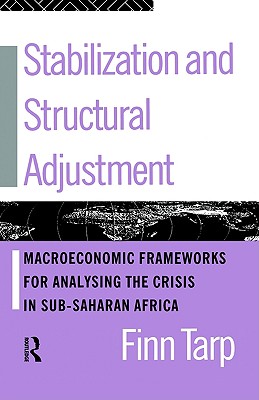Understanding the Risks of the SBA Loan Scam: How to Protect Yourself from Fraudulent Schemes
#### SBA Loan ScamThe term **SBA Loan Scam** refers to fraudulent schemes that exploit the Small Business Administration (SBA) loan programs designed to ass……
#### SBA Loan Scam
The term **SBA Loan Scam** refers to fraudulent schemes that exploit the Small Business Administration (SBA) loan programs designed to assist small businesses in securing funding. These scams can take many forms, ranging from fake loan offers to phishing attempts where scammers impersonate legitimate SBA representatives. As small business owners seek financial assistance, they may inadvertently fall victim to these deceptive practices, leading to significant financial losses and legal troubles.
#### Recognizing the Signs of an SBA Loan Scam
To protect yourself from an **SBA Loan Scam**, it's crucial to recognize the common signs of fraud. One of the most prevalent indicators is unsolicited communication. If you receive an unexpected email or phone call claiming to offer you an SBA loan, be cautious. Legitimate lenders typically do not reach out to potential borrowers without prior contact.
Another red flag is the request for upfront fees. Scammers often ask for payment before providing any loan services, which is a clear indication of a scam. Authentic SBA loans do not require upfront payments. Additionally, be wary of lenders who pressure you into making quick decisions. Scammers often create a sense of urgency to prevent you from thoroughly researching their legitimacy.

#### How to Verify Legitimate SBA Loan Offers
When considering an SBA loan, it's essential to conduct due diligence. Start by verifying the lender's credentials. Check if they are an approved SBA lender by visiting the official SBA website or contacting your local SBA office. You should also read reviews and testimonials from other borrowers to gauge the lender's reputation.
Furthermore, ensure that any communication you receive is from a verified source. Look for official email addresses and phone numbers. If you're unsure about the legitimacy of an offer, do not hesitate to reach out directly to the SBA for clarification.
#### Steps to Take if You Fall Victim to an SBA Loan Scam

If you suspect that you have been targeted by an **SBA Loan Scam**, it is vital to act quickly. First, document all communications related to the scam, including emails, phone numbers, and any payment receipts. This information will be crucial when reporting the scam.
Next, report the incident to the Federal Trade Commission (FTC) and the SBA. They can provide guidance on the next steps and may take action against the scammers. Additionally, consider contacting your financial institution to alert them of the potential fraud and protect your accounts.
Lastly, monitor your credit report for any unusual activity. Scammers may attempt to use your personal information to open accounts in your name. If you notice any discrepancies, report them immediately.
#### Preventing Future SBA Loan Scams

To safeguard against future **SBA Loan Scams**, educate yourself about the various schemes that exist. Stay informed about the latest fraud tactics and regularly check the SBA's website for updates on scams targeting small business owners.
It's also wise to consult with a financial advisor or a trusted business mentor before making significant financial decisions. They can offer valuable insights and help you navigate the complexities of securing funding.
In conclusion, while SBA loans can provide vital support for small businesses, the presence of scams poses a significant risk. By understanding the signs of an **SBA Loan Scam**, verifying legitimate offers, and knowing how to respond if targeted, you can protect yourself and your business from financial harm. Always stay vigilant and informed to ensure that your path to funding is secure and legitimate.